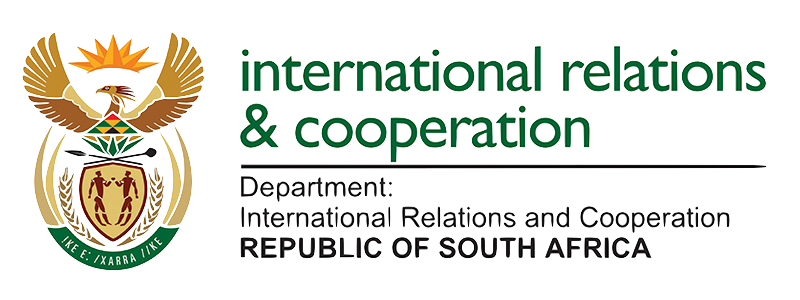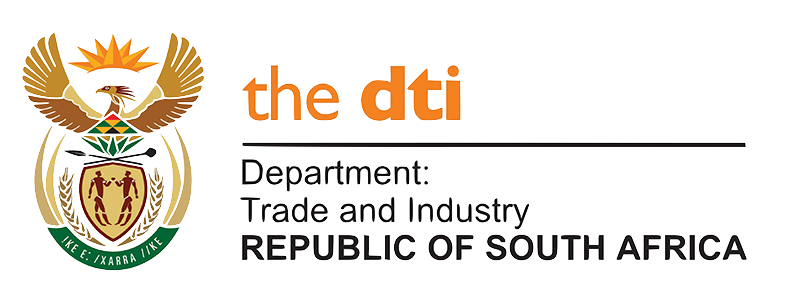South Africa - Nigeria Relations
The Republic of South Africa and the Federal Republic of Nigeria enjoy cordial diplomatic relations, and this is reflected through the high level visits between the two countries. Diplomatic relations between South Africa and Nigeria were established in 1994 with the opening of High Commissions in Pretoria and Lagos respectively.
The South African High Commissioner to Nigeria is H.E. Mr Lulu Louis Mnguni, who presented his credentials to President Jonathan on 12 April 2013. The Nigerian High Commissioner to South Africa is H.E. Mr Sunday Yusuf, who presented his credentials to President Zuma, on 1 February 2012.
Formal diplomatic relations between South Africa and Nigeria have been conducted through a Bi-National Commission (BNC) established in 1999. The BNC is jointly chaired by the Deputy-President of South Africa and the Vice-President of Nigeria. The first few years of the existence of the BNC recorded remarkable achievements by providing a useful forum to emphasise the unity and harmony between the two countries while significantly enhancing the bilateral relations, notably in the economic sphere. This is evident by a number of agreements which were negotiated and signed since the establishment of the BNC, which included the Bilateral Trade Agreement, the Reciprocal Promotion and Protection of Investment Agreements and the Avoidance of Double Taxation Agreement.
The 10th anniversary of the South Africa – Nigeria BNC was celebrated in 2009, when Nigeria hosted South Africa from 10 – 14 November 2009. During the 2009 BNC, a Special Implementation Committee (SIC) between the two countries was convened on 10 – 11 November 2009.
The 8th Session of the BNC was hosted by South Africa, in the beautiful city of Cape Town, from 21– 23 May 2012.
South Africa regards Nigeria as a strategic partner in the context of bilateral relations, the West Africa region, and the continent in the pursuance of the African Agenda, South – South cooperation and in the promotion of a rules-based International System. The two countries share a common vision on issues of political and economic integration in Africa. They also share a common vision on the need for a sustainable conflict resolution mechanism in Africa that is primarily driven by Africans. South Africa and Nigeria also share a common vision on the need for the reform of the multilateral institutions such as the UN, IMF and the World Bank to reflect the realities of the changed and changing international environment.




